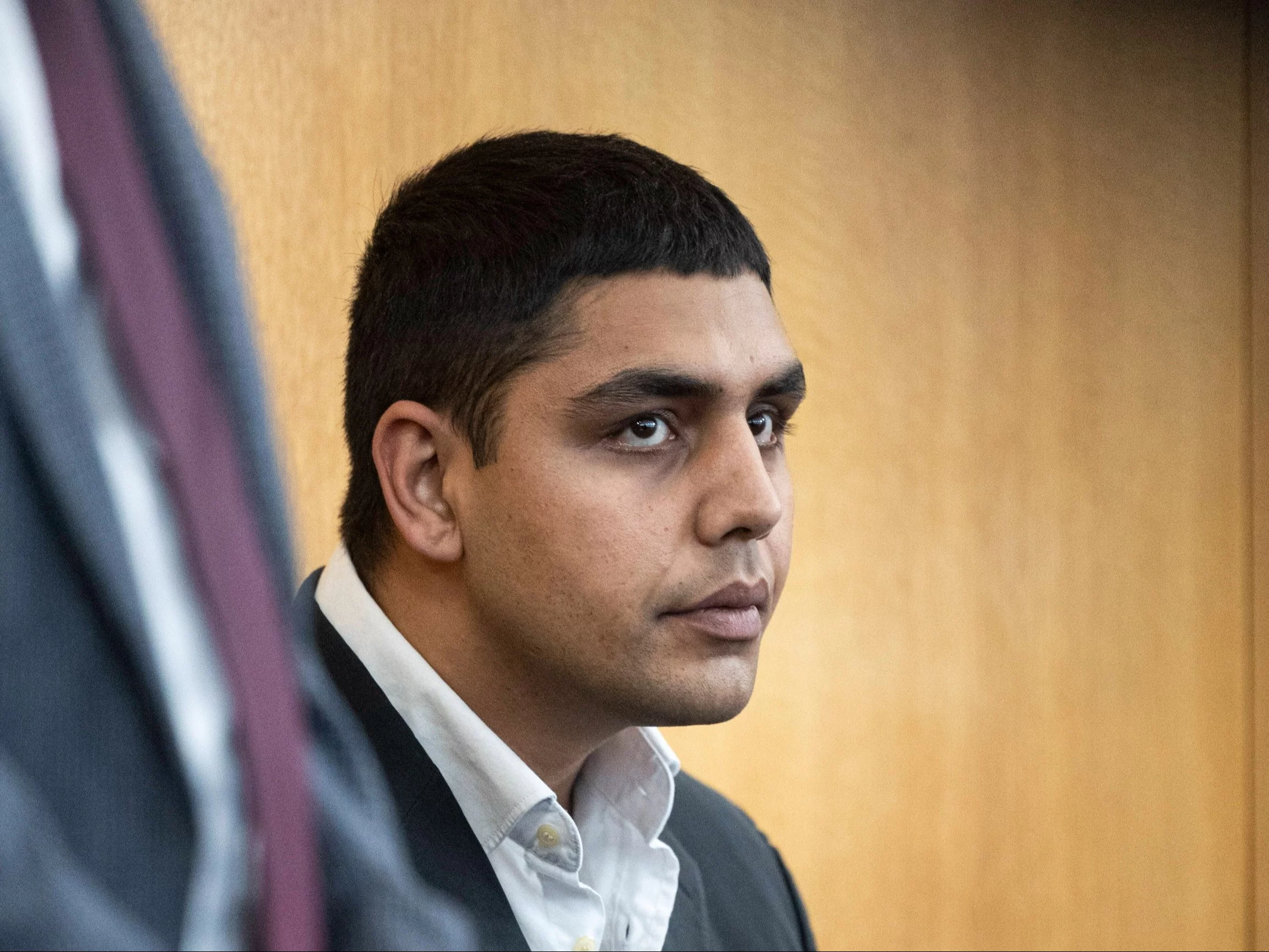How can we aid families who have died in public service? How is the mourning of a kid and an adult different? Is it possible to make a fresh life after the death of a loved one? These and another questions were answered by the participants of the debate "What do we not know about mourning? 100 applicable advice for families after loss". The discussion was initiated by the Adult with Us Foundation, which helps families of fallen officers.
Illustration picture.
In Poland, about 330 1000 soldiers and uniformed officers go to work all day. Since 1989, more than 350 firefighters, police and soldiers have not returned home. Their deaths are a shock to the family. – abrupt failure hinders the experience of mourning, which takes on a different character, and besides disturbs home stableness – he pointed out Colonel Dr. Radosław Tworus, Head of the Clinic of Psychiatry, Combat Stress and Psychotraumatology during the debate “What do we not know about mourning? 100 applicable advice for families after loss”. The initiator of the discussion held at the PAP Press Center was the “Grown With Us” Foundation, which takes care of the children of the fallen and severely injured in the service of soldiers, policemen, firefighters and another public service officers. – Grief is not a disease, but a physiological process, in which it is crucial to support the individual experiencing it. An incorrect reaction to grief can lead to depression – he stressed Dr. Tworus.
Experts say that if mourning is not suppressed, it helps to regain balance. Instead, suppressed sadness leads to chronic emotional, spiritual, and physical problems. From the survey “Grown With Us” Foundation It shows that almost 1 in 2 people does not know how to support those in mourning, which is why professional aid is so important. “We effort to be close to our family, to observe what is happening, to support us if necessary, by offering, for example, the aid of a psychologist,” said Karolina Suska, educational advisor Foundation Grow up with us.
What matters is the memory of the dead.
Helping military families who have lost their loved ones besides tries to supply Veteran Centre for Activities outside the State Borders. “We can offer intellectual and legal support,” said Colonel Dr. Katarzyna Rodziewska, the manager of this facility. She stressed how crucial it was for the families of soldiers who did not return from the mission to feel that their death was not in vain. “We are trying to show that those who died are modern heroes,” said the manager of Rodziewska. Increasingly these heroes are remembered by local communities, and the name of the fallen soldier is given to the street or school. “We give a individual a second life,” he admits. Dr. Tworus. In his opinion, the household feels their failure differently erstwhile they see that the memory of their husband, father, or boy is inactive in the local community. It besides gives you a comforting sense of pride.
The participants of the debate moderated by writer Magdalena Rigamonti stressed that those who are in mourning should talk about it, exchange experiences with those who have suffered akin losses and realize the emotions and experiences of the another family. Therefore, the “Grown With Us” Foundation organizes integration camps for its subjects. “We are building a community of people with akin experiences that can support each other,” said Karolina Suska.
100 Advice on Trauma
During the debate, a recording of Bonnie Carroll, president and founder of the Tragedy Assistance Program for Survivors, TAPS, who together with Alan Wolfelt, a psychotherapist, has written the book “When a Soldier Dies. 100 applicable tips for household and friends". This publication was published by the Foundation “Grown With Us” together with the Veteran Centre.
The book contains reflections on how to deal with trauma, and indicates ways to implement it. “We wrote it to aid you experience your grief in a dignified, proactive way, and to accompany you on your way to reconcile with the failure and accomplishment of balance,” said the book’s authors. Their advice concerns, for example, differences between sorrow and grief. They besides mention “six needs of mourning: admit the reality of death, the tame pain of loss, remember the individual who died, build his fresh identity, look for meaning, benefit from the constant aid of others.”
By writing this book, the authors relied not only on their own experience, but primarily on thousands of people whose loved ones had fallen in the ministry. They had long and hard conversations with them, giving them support and encouragement. – This book is simply a spiritual guide in the process of amorizing pain. This is helping those who have lost their loved ones and want to redefine the meaning of their own lives," said Magdalena Pawlak, president of the Board of the Foundation "Grown With Us". She emphasized that her instructions would bring comfort not only to the families of those who died in the ministry but besides to those who faced the trauma caused by the failure of a loved one. According to investigation results, 90 percent of those surveyed at least erstwhile suffered mourning after the death of their loved one.
That's why it's worth having this position on the shelf. Just in case.












